The average traditionally published author sells 3,000 books, with only a fraction of that sold within the first year. Would it be prudent then, to probe the mind of an author who has sold more than 3 million books? Would the experiences and lessons learned of a writer who spent more than 40 years honing his craft be valuable? Would the perspective of a poet who has visited more than 500 schools, engaged with over 95,000 students, spoken in 42 states and Europe, published over 50 titles, and is Senior Editor at American Greetings be helpful? The correct answer is obviously YES! Now, read on.
When you buy through my links, I may earn money from my affiliate partners. Learn more.
Brian P. Cleary is an author, poet, public speaker, and self-proclaimed word-nerd. He’s authored more than 50 titles, sold more than 3 million books, visited more than 500 schools, and traveled to 42 states and Europe engaging over 95,000 students. He is Senior Editor, Digital Content, of American Greetings and has seen and written his fair share of witty words, Search Engine Optimization (SEO) copy, advertisement copy, verse, prose, cartoons, and children’s books over a 40+ year publishing career. Brian has shared anthologies with legends Jack Prelutsky, Kenn Nesbitt, and Lemony Snicket. He’s won the Children’s Choice Award multiple times and even made the list with Shel Silverstein and Roald Dahl. In a nutshell, Brian P. Cleary is a word lover and has spent his life communicating ideas.
Brian, it’s a pleasure to connect with you and learn more about your prolific journey as an author, speaker, and poet. There is perhaps one unique skill you possess and exercise that is most rare; your ability to be concise. You reduce thoughts, stories, ideas, and challenging concepts to the smallest possible string of letters and words that still, and I’d argue best, deliver the punch line. It’s been said the shortest presentations take the most preparation because verbosity comes naturally to us. As we do a deep dive into your mind, heart, and work, would you help us understand how you approach communication? What goes into your careful selection of words and has brevity always been on your side?
I’m only brief when I’m typing! Sit next to me on a plane from Cleveland to Chicago, and you’ll know I have 3 daughters, grew up Catholic, and witnessed a perfect game in 1981. In email and texting, I’m more concise, almost to the point of being curt.
I’m often juggling lots of different kinds of writing in the course of a day; some social, some business, and even under the umbrella of business, I could be writing an ad for shoes, something poetic for a digital greeting, or putting words in the mouths of a celebrity, which I occasionally do.
Regarding conciseness in the text of my children’s books, it’s essential, as I usually only have 13 rhyming stanzas to explain (and give examples of) something, like what a preposition is, or what loops and conditionals in computer coding are. I only have so much space to get your point across, so I have to be selective and judicious when choosing words.
Do you have a favorite style or realm of writing? Such as greeting cards over online niche business copywriting? Are there any mediums of writing you’ve grown more fond of over the years and others you try to keep at a distance?
I like the balance of working on a beautiful religious piece, followed by something more PG-13, and then swapping out the words to an iconic song for a fun parody, often all in the same day. I wrote a lot of children’s books in a fairly short period of time, and I probably didn’t just get to enjoy that as much because I had a schedule of a new picture book every month or two for a couple of years. I loved the work, but I didn’t have the luxury of sitting with the work, and just being a children’s author.
All in all, I’m really fortunate to be in the 40th year of writing for money, and people are still reading what I write.
An incredible accomplishment, despite the unorthodoxy of your diverse writing journey. Maintaining a line between writing for pleasure and writing for business is often blurry. How do you manage writing what you personally enjoy and writing what you believe will bring value to a sellable market? Has your perspective between both spectrums changed over time?
I never kept a journal or written therapeutically, so, since I was a young man, just about everything I’ve written was for a product of some kind. Fortunately, at this point in my career, I’m mostly able to work on writing projects that bring me some satisfaction. Again, the variety of projects I’ve gotten to work on has kept things interesting.
Just a couple years ago, I threw together a site: http://iputwordsonstuff.com that was to highlight some of the lesser-known genres of writing I’ve been involved in. Sometimes, I’ve found a tailor or a hat-maker or a shoemaker, and just swapped them copy for product, just because I believed in what they were doing and wanted to be part of it.
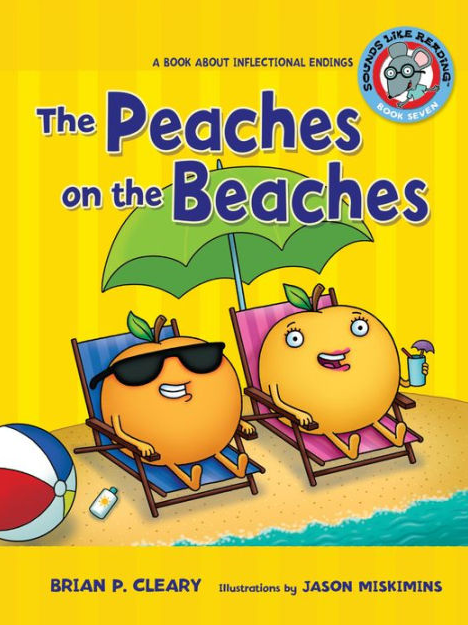
As Senior Editor of Digital Content at American Greetings, and having a history providing copywriting and editing services, are there any common writing mistakes you find the need to correct or wordsmith over and over? What do you tend to see in other people’s writing or communication that, when left unedited, leads to a less effective message?
Interesting question, to which I have an uninteresting answer: The writers at our place are major league right out of the gate. The kid who has written since he or she was 6-7 years old, wrote poetry in high school, yearbook, school paper, etc., so we get people who are doing something for a living that is really at the core of who they are. It’s not just an occupation, it’s almost a calling.
While most baby boomer curmudgeons complain about the “young people these days,” I find the generation behind me to be great communicators, having written a million texts and emails at such a young age. It’s a generation for which the written word is important.
What are some telltale signs that the work you’re reading or the person you’re interviewing is a gifted communicator? And even regarding those who are masters of their craft, what continuous improvement techniques do you recommend they engage in?
I guess I’d say that word choice — not having a showy vocabulary, but having a rich and informed one — with a reverence for words and their meaning. Some people only improve their writing when they up the game on what they read, and others can, just through conversation, sharpen their verbal skills. Overall, most good writers are good readers.
Brian, you’ve mentioned previously about cultivating the habit of learning new words or reinforcing your understanding of old words regularly. If we were a fly on the wall, how might we see you in word-learning action? What’s a typical “idea or knowledge gathering day” look like for you?
I’ve spoken to adults who have almost never looked up the meaning of a word. I do it all the time. Like 5 or more times a month. I read The New Yorker for one, and that sends me looking up words with some frequency, but also if I’m about to use a word that I’m not 100% sure about, I look it up. Since about 1982, I am usually sitting around people who have a similar world view on the spoken and written word, so I have just soaked a lot of that up.
As far as information gathering goes, if, for instance, I am writing a children’s book about computer languages, I would have a sheet of paper in front of me, filled with bullet points and other information that become part of my “word well,” that is, a repository of “verbal matter” that may (or may not) be used in the body of the manuscript. I also pair up a bunch of rhyming words and park them in the word well. So before i even write a line of what appears in the book, I will have written a lot of words and phrases and rhymes that are potential building blocks for the piece.
Having a “word well” handy is such a great idea. I frequently run to a thesaurus and rhyming resources on the fly, which can put an awkward halt to an excited muse. It safe to say you are more of a plotter than a pantser or do you shoot words off the cuff just as much?
I guess I’m a portmanteau of these approaches perhaps a Plantser? I fly by the seat of my pants, but I know the general direction I’m flying, plotted out what one approach might look like, and I’ve made sure there’s gas in the tank and maps and compass at the ready, along with some road-trip snacks! Again, with the type of children’s books I write, I know where I have to land, and it’s a short trip.
I think more writers, me included, need road-trip snacks at the ready! While many writers stick to writing, you have created a legacy of speaking engagements. What were your earliest days of professional speaking like? Was there ever a kairos moment where speaking engagements were a purposeful diversification of your ability to bring value to the marketplace? And as a hardworking communicator, do you enjoy one more than the other- a first love, perhaps?
I was asked to visit a school the year my first children’s book came out, and I gave some thought to what I would do in schools. I knew I wasn’t going to sit on a chair and read, as some (chapter book type) authors do, but it took me a year or two of visits until I arrived and the presentation-and-workshop format I would eventually employ in 42 states and Europe. I really have enjoyed them over the years, and last year did virtual visits when the pandemic hit in places I would never get to like Seoul, South Korea.
Right from jump street, it was a way to reach teachers, librarians and students, and would eventually lift sales, but it was also a new revenue stream and allowed me to see quite a bit of the country. I have had amazing experiences with wonderful staff and students in one-room school houses (yes–they still exist!), urban settings, farm communities, army bases, Jewish and Catholic schools just to name a few. My keynote speaking engagements also put me in front of friendly audiences, and allowed me to interact with teachers and people who use my books as a teaching tool.
I never thought the old military slogan from World War II, Join the Navy and See the World would be adapted to writers. With your journey, we can safely tell kids, “Become a writer and see the world!” While you’re far along in your literary journey, many writers find themselves just starting out. They’ve had a dream for a while to be published or they too identify as “word nerds.” The resonating thoughts from someone who has been a part of multi-million book sales is truly priceless. Are there any ideas, attitudes, or perceptions you wish someone on the “other side” of their literary journey shared with you when first starting out? Are there any notable people who influenced your work or helped encourage you down the word path?
I had a really good teachers as a kid. I also had the blessing of growing up in a time when they were very few standardized tests, so if a teacher just happened to be passionate about a subject, he or she could really get under the hood and spend some time with a topic. I was exposed to great writing at a young age. Ogden Nash and EE Cummings were on my radar when I was as young as eight or nine years old. Those were conventional influences.
Some less conventional influences: when I was 10 years old the biggest band in the world was the Beatles, and what did they do? They wrote, and sang, things that rhymed. The most popular athlete in the world? Muhammad Ali. And what did he do when he wasn’t in the ring? He was reciting his own rhyming poetry. I learned about song parodies from mad magazine, and that is a skill that I still use professionally.
If you are hoping to be published and you haven’t yet, I understand that it’s a longshot, but if you did the hard part, which is writing a book, so now do the easy part, and send it around and collect your rejections. Also understand that if you get a book published, it may not change your life financially. And you should be okay with that. But go through the publishing process, and see what happens.
Would you say an unintended consequence of standardized learning / testing has been a general reduction in “allowed” creativity from an educators perspective and, consequently, a lack of knowledge diversity in kids? Without being able to turn the aircraft carrier sized education system quickly, how can parents or care givers help re-introduce that same topical passion you received in school that had such an impact on your life? In your professional engagements with schools, have you seen programs or activities that impress you in how children are being nourished outside standard practices?
It’s hard to say, and I may be answering a slightly different series of questions, but here goes: Even though I have been in more schools professionally than any teacher I have met (500-ish) teachers know far more than i do whether standardized tests are a net positive or negative.
Here’s what I do know: There’s not a lot of time to be unpacking works by Ogden Nash and EE Cummings, and that’s too bad. Not because poetry in and of itself is so critical to a life well lived. I know lots of people with happy productive lives, with little or no tether to poetry. But, poetry can absolutely teach us to be critical thinkers as we try to decode or interpret what the meaning of, for instance, Cummings’ poem “Beautiful” means. I think critical thinking is a key component to a productive life, and poetry can be a building block for that.
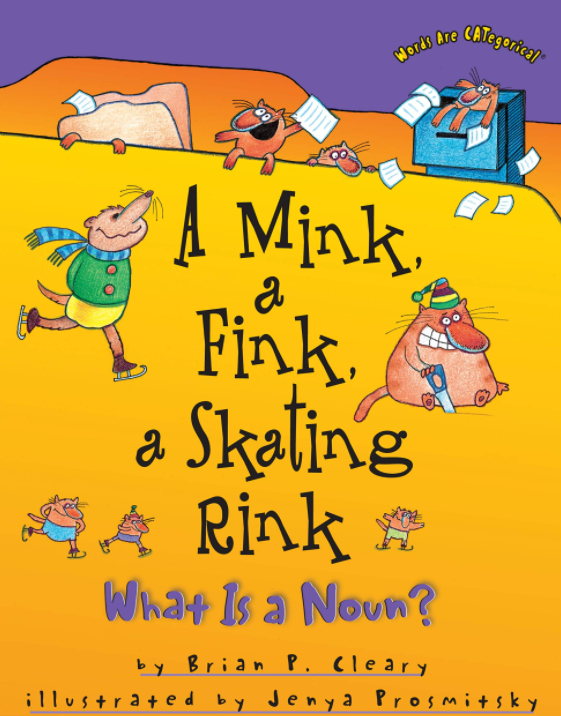
You’ve had a significant impact on schools with your wildly popular and successful CATegorical series books. Your most well known, Words are CATegorical, is a 27-volume set that’s sold more than 3 million copies. How did Words are CATegorical come about and are you most proud of this specific project or is there another book, series, or literary work that means even more to you?
A very common “trope” in greeting cards is the “What is a _?” approach. Example of this for Father’s Day: “What is a Dad?” might be the title of a poetic-sounding piece that runs 4-8 lines, often rhyming, with an explanation and examples of how important dads are.
I took this approach and brought it into book publishing with “A Mink, a Fink, a Skating Rink; What is a Noun?” It is 13 stanzas of explanation and example. The series has sold very well, and I’m proud that something I wrote back in the 1990s still resonates with teachers and students today.
Brian, you’ve been very gracious sharing your time, thoughts and writing journey with us. Let’s close by looking ahead. What can we expect to see you engaged in over the next 1-2 years, how might we best follow and support your work, and how can people connect with you or invite you to speaking engagements?
I’m dipping my toe into the grownup book market with a series of humor books due this summer on Amazon, and learning the print-on-demand business. I will likely continue to do school visits, once the world rebounds, but the virtual visits I’ve done were rewarding both personally and financially, so maybe I’ll keep that in my repertoire. My website, http://www.brianpcleary.com, gives lots of free lesson plan-ny stuff, and I’m easily found if anyone wants to reach out, including you!
If you enjoyed this interview with prolific writer and public speaker Brian P. Cleary, would you consider doing three simple things?
- Leave a comment below and let Brian and I know what you thought. Did anything resonate with you? Do you have any follow-up questions or experiences to share? Connect with him for more engagement on Twitter @BrianClearyBook.
- Subscribe to my newsletter for more content just like this. You can find the subscription box on the right sidebar, or down below if you’re on a mobile device. Your information is never spammed, never sold, and you can unsubscribe easily at any time.
- Share this post with your friends on social media. If you found it helpful, insightful, or encouraging, others will to…but only if they know it exists!
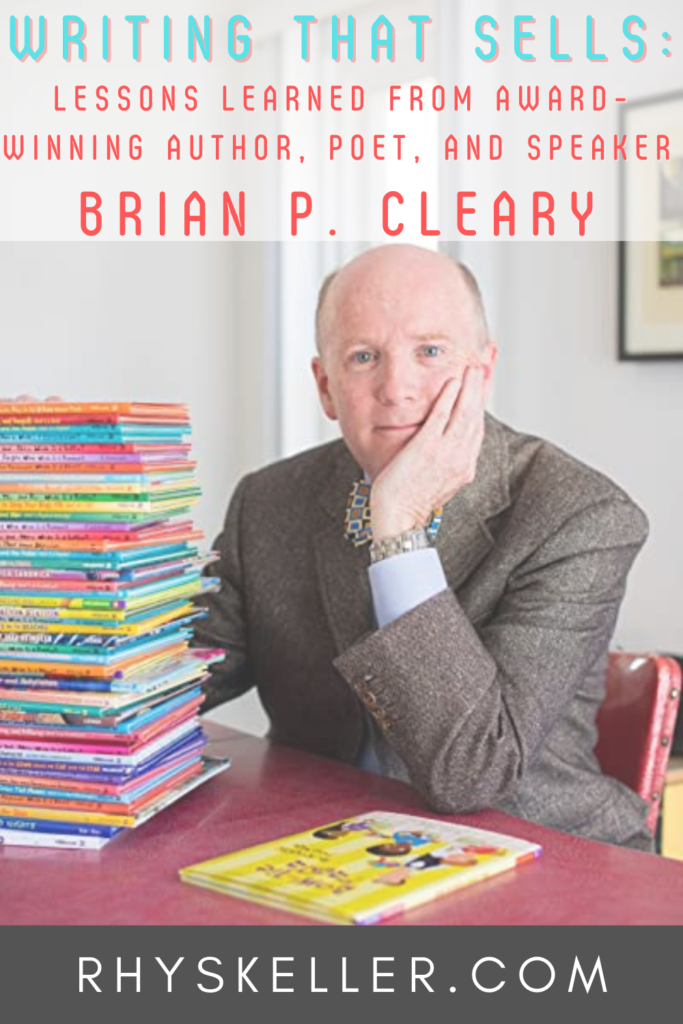
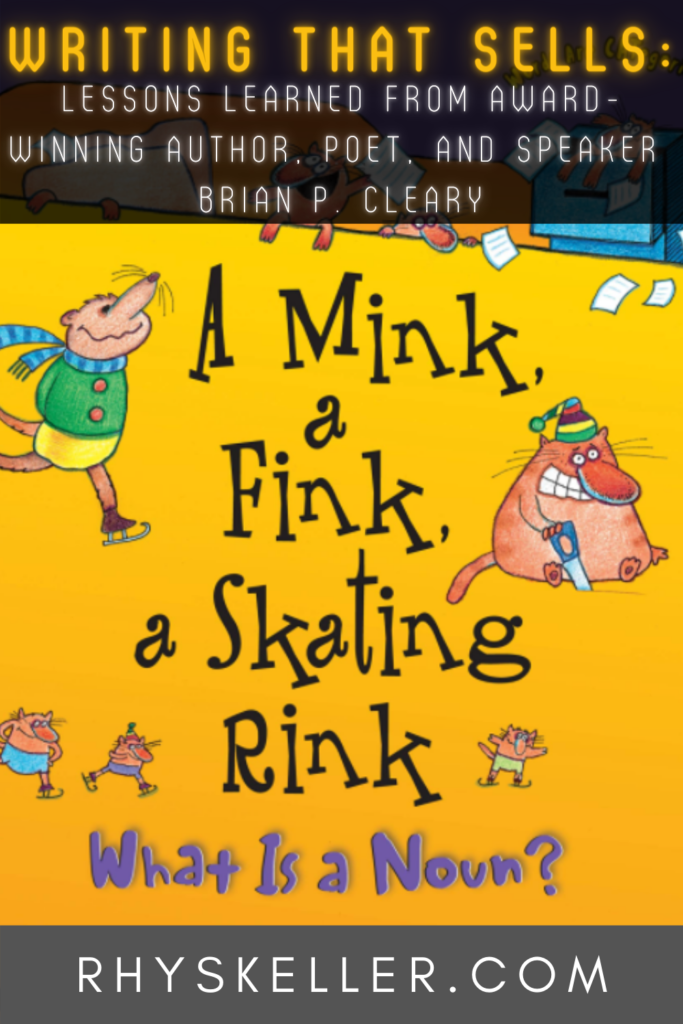
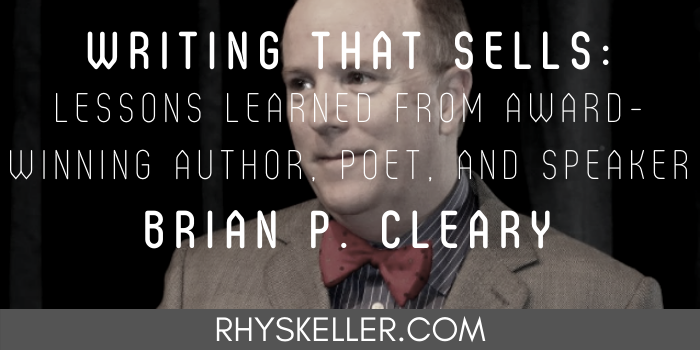
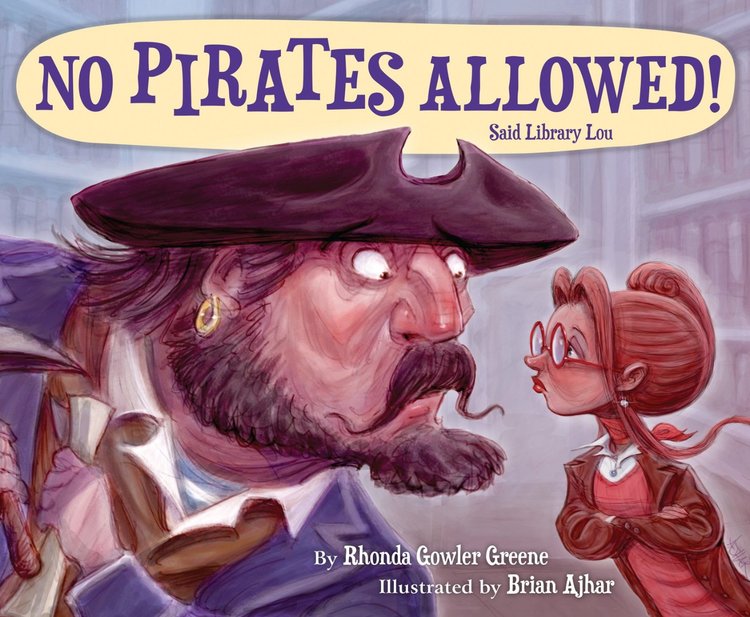
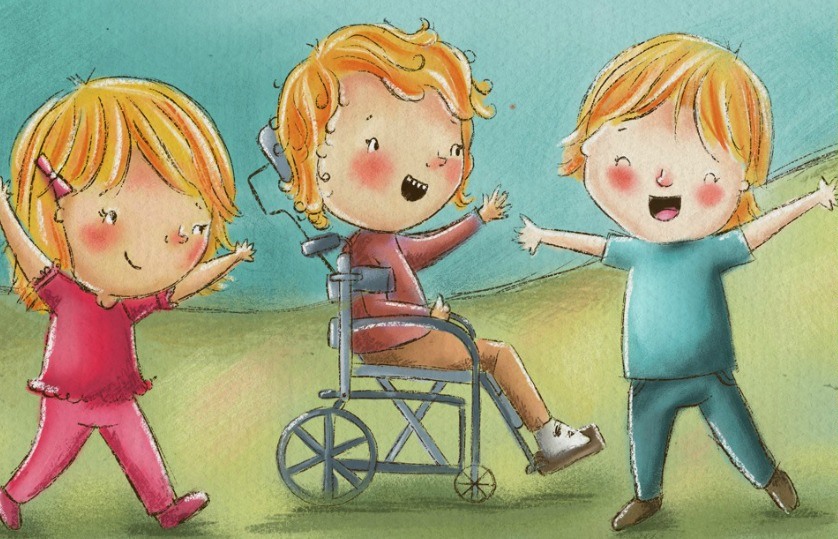

Linda M
March 5, 2021Your journey is told beautifully. Wishing you continued success!!
Rhys Keller
March 8, 2021Thank you, Linda!
Barb Shannon
March 4, 2021Great interview!
Rhys Keller
March 4, 2021Thank you, Barb!